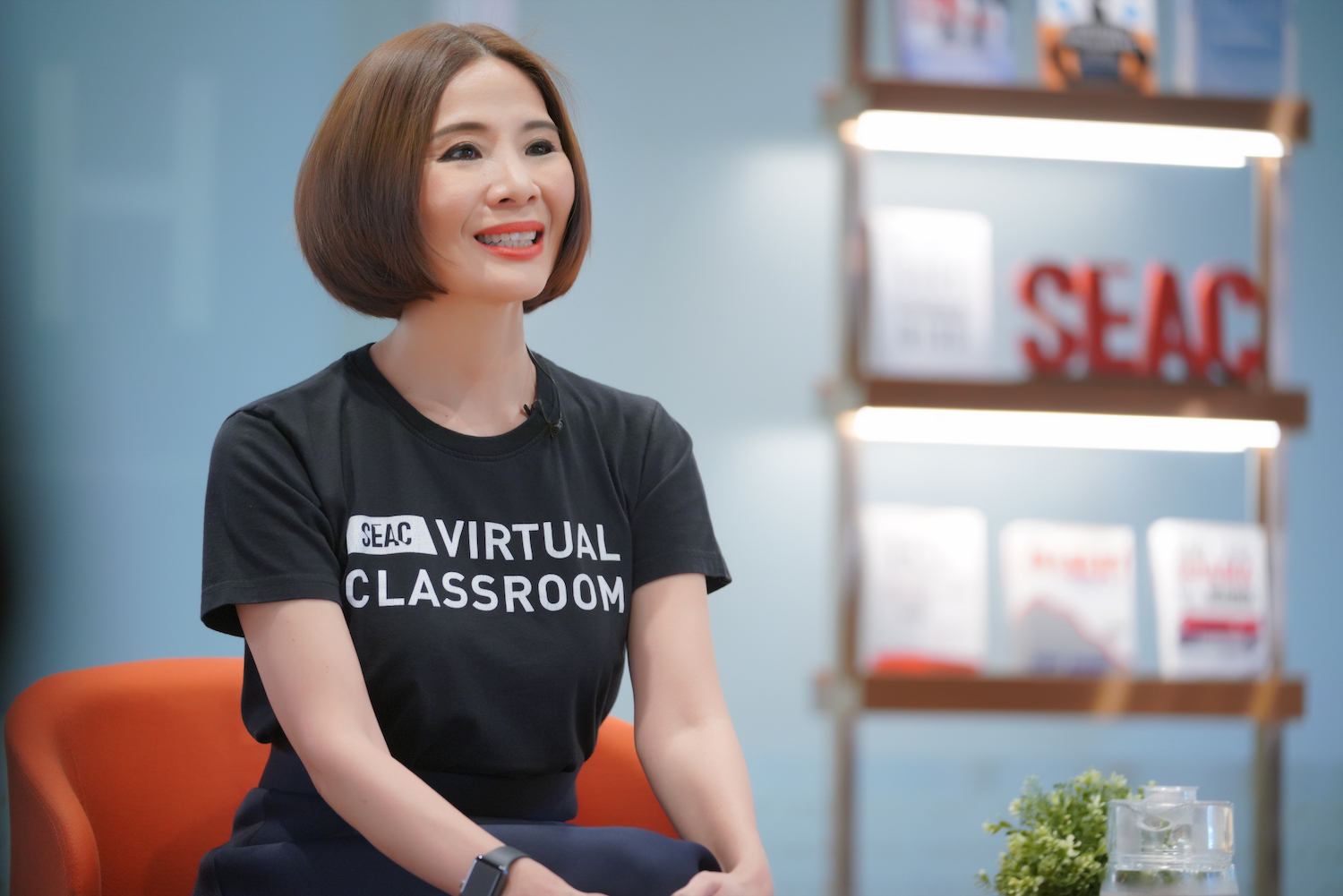
I’ve noticed an increasingly common pattern over the last year or two facilitating and teaching learners, particularly those at more senior levels. They were seeking something more. When you consider recent history, it is quite a logical development.
I had the pleasure recently of meeting Michael Fors, executive leader of workforce development for Boeing. He is leading the digital transformation of the workforce at the American plane maker. Among other things, we discussed the death of workshop satisfaction sheets. The end of the smiley faces, and surveys, is a trend I have witnessed firsthand.
Effective learning, particularly in organisations, is increasingly about getting the right people in the right roles with the right skills at the right time and place. But most organisations and learners fail badly with the final and most important part: The right skills at the right time, and place.
Learners now have more constraints and opportunities than ever before, and the people who pay for the learning are much more concerned about return on investment, and rightly so.
Demonstrating return on investment has been a traditional challenge in the Learning and Development sphere. Putting a monetary value on learning is difficult. Learning needs to create an impact, which requires action and application. But traditionally learners often finish a course and are sent out to do new and great things without any tools to succeed by effectively putting their recent learning into action.
Learners I have worked with have started asking more about HOW and WHAT can I use, rather than looking for deep insights and subject mastery. They want the tools to succeed: models, frameworks, guides and proven applications, more than ever before.
Many courses provide some practices or materials that learners can take away, but these are often impractical in real-life situations. Learners need a toolkit they can turn to when they are back where action matters — on the front line.
As we go through life, we organically build our toolkits. We learn what works and periodically update ourselves. In this time of rapid change, we have less time to develop these toolkits, instead needing simple, practically guaranteed support to get us to a state of readiness faster.
These don’t need to be sophisticated. I have seen people use a wide range of things including self-selected assignments. What makes the difference and should be factored more and more into adult learning is access to support at the point of need with the right tool, aid or skill guide.
Providing access to tools is also increasingly important in these times of ambiguity. Learners must have control. They must feel they can use their learning to make a difference where it matters to them. Success requires them to link applications to specific people, situations, projects, and meetings and work to ensure impact.
How can this be done? Here are some simple ideas I have seen work well:
Turn to Tech: Almost every organisation has access to a a Learning Management System or Learning Experience Platform. Provide a place to access tools on demand, via mobile. Provide the access and control learners require and can rely on. There are many on the market, so find one that suits your unique situation.
Turn to Social: We live in a video age, but there are many things we can learn from disruptors like TikTok. Video is the most engaging format we have, and smartphones make it incredibly simple to capture insights, advice and guides at practically zero cost. Again, it does not need to be complicated but can create a great range of shareable, useful resources. This is even better if you have a system to capture them.
Create a Knowledge Hub: Do you have an organisational librarian? Maybe consider it. I am amazed at the number of tools and resources I come across in my organisation. Capturing these is especially important as we see generational change in the workplace, as so much can be lost. If we ensure these tools are up to date and still relevant, and have somebody collect them, store them in a system, and let people know what is in there can be a great help.
I think we can see and agree that organisations and learners need to stop choosing learning experiences that fail to support using new skills beyond the classroom. Development that leads to lasting change is not a one-time thing; it’s a life-long process and requires application support to create an impact.
Support can be anything that helps me apply or improve myself in life or work. So, consider application podcasts, “How Do You Do It” guides or templates, or measuring behaviour/skill applications.
Arinya Talerngsri is Chief Capability Officer, Managing Director, and Founder at SEAC — Southeast Asia’s Lifelong Learning Centre. She is fascinated by the challenge of transforming education for all to create better prospects for Thais and people everywhere. Reach her email at arinya_t@seasiacenter.com or https://www.linkedin.com/in/arinya-talerngsri-53b81aa